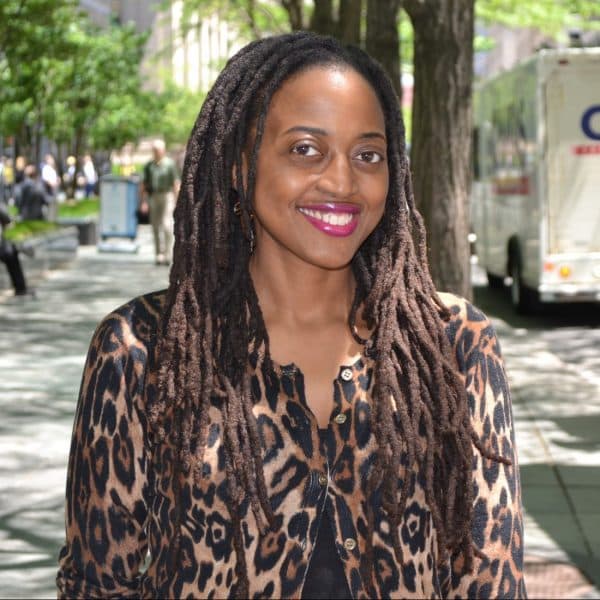Advertisement
Review
Helmed by Igor Golyak, ASP's 'The Merchant of Venice' tackles antisemitism from many angles
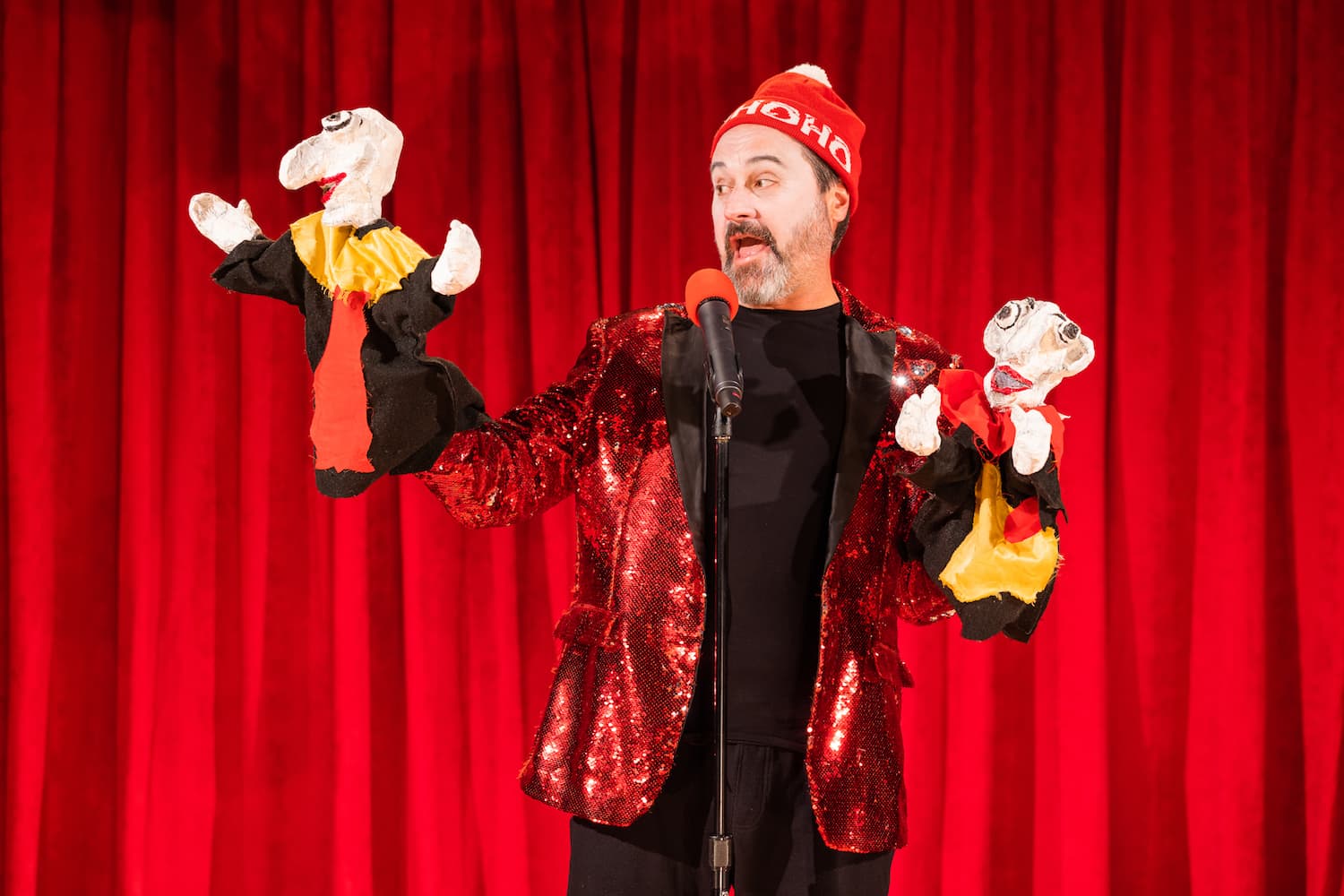
Expect the unexpected. It’s a cliché, I know, but the Actors’ Shakespeare Project production of "The Merchant of Venice," staged by Arlekin Players artistic director Igor Golyak, is not. Using masks, slapstick, game show tunes, a capella numbers and more, Golyak’s inventive version (through Oct. 17 at the Boston Center for the Arts Plaza Theatre) takes the classic story for a wild ride — and I was thrilled to be on the bus.
The lively ensemble sets up scenes at a fast clip, audibly and with a chalkboard street sign to let audiences know where they are in the story before diving into Golyak’s singular vision of this anti-Semitically tinged tale.
Donning a hideous mask with a bulbous nose, no doubt a nod to stereotypes, Nael Nacer’s Shylock is both funny and empathetic, in keeping with his string of excellent performances. In one scene, he removes the mask when others aren’t looking and quickly puts it on when others are around, demonstrating that the mask is how the world sees him.
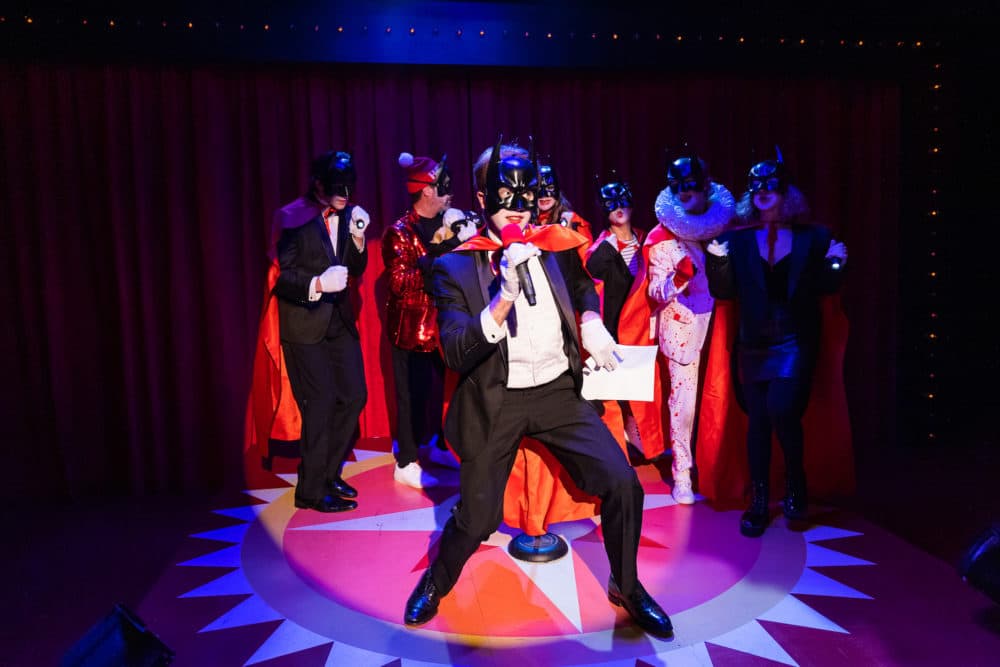
The gist of the narrative is generally the same as Shakespeare’s in this insightful rendition. Shylock lends money to Antonio (Dennis Trainor), the merchant who has berated and insulted Shylock, calling him a dog. Antonio guarantees the loan for his friend Bassanio (Jesse Hinson) to court and win Portia (Gigi Watson).
Still, Shylock agrees to lend the money. There’s one catch: if the loan isn’t repaid, he wants a pound of Antonio’s flesh. “The villainy you teach me, I will execute. And it shall go hard, but I will better the instruction,” Shylock says.
A lot is going on in this version, but it works even when it feels a little frenzied. It isn’t merely approachable and zany — there are moments when it feels like the actors are given the space to pierce through their characters with flashes of themselves, such as Nacer referring to himself as Nael rather than Shylock, or to improvise in other ways where they see fit.
It was refreshing to encounter the piece approached this way, or rather many ways. There’s a nicely done carnival-style photo stand-in used selectively for faces and limbs to poke through, curtain shenanigans, and even a camel suit worn by the remarkably talented Darya Denisova, an Arlekin actor, as Nerissa.
Denisova fully embodies her role and commands the audience’s attention whenever she graces the stage, locking eyes with members of the crowd for dramatic effect. Denisova and Watson make a powerful duo. Anna Bortnick’s Jessica was also hilarious.
When the show got too serious, a cast member would stop and reset the tone with a clear directive: this is a comedy. And it is. But there’s heavy anti-Semitism that comedy can mask if one lets it. Early on, there’s a sign that says, “He’s not sick, he’s a Jew.” Shylock is led by a rod with money on it, clearly communicating another stereotype in another scene. Though a comedic approach can make the unpalatable less so, it’s easy to laugh at that which is complex instead of tending to it and that's another kind of affliction.
Advertisement
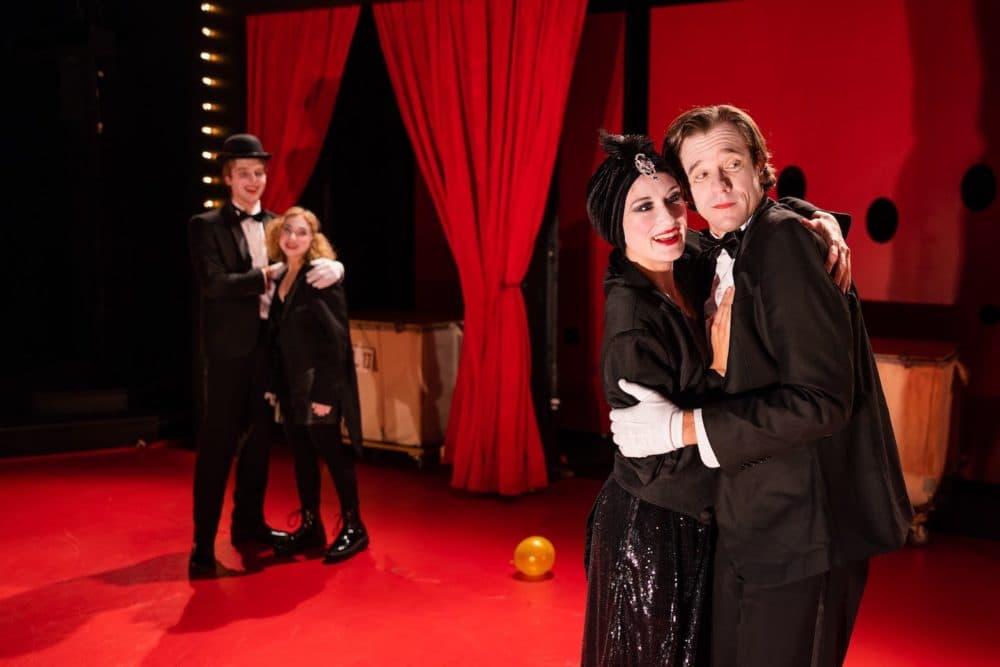
Golyak’s version of “The Merchant of Venice” has been a long time coming. The show had two previews before the pandemic shut it down. Despite the long delay, it’s worth the wait, especially if you’re someone who respects the canon but aren’t used to seeing yourself or maybe the challenges you face in Shakespeare's work. “The Merchant of Venice” is a little different. I’m not Jewish, but as a member of a marginalized group, I know what it’s like to be perceived a certain way, stereotyped, and discriminated against.
In “The Merchant of Venice,” Golyak’s identity is stamped on the play. He’s a Russian Jew, but more than that, his eclectic and innovative theater language primed throughout the pandemic through his virtual offering like “State vs. Natasha Banina” and “chekhovOS /an experimental game/” is evident.
The show is playful until it isn’t. By the final court scene, the changing tide feels abrupt. But pain and injustice are like that too, coming out of nowhere and wreaking havoc. Here, Shylock’s rage rumbles for flesh and recognition while Portia calls for mercy. It’s an electric finale to a painful, provocative narrative.
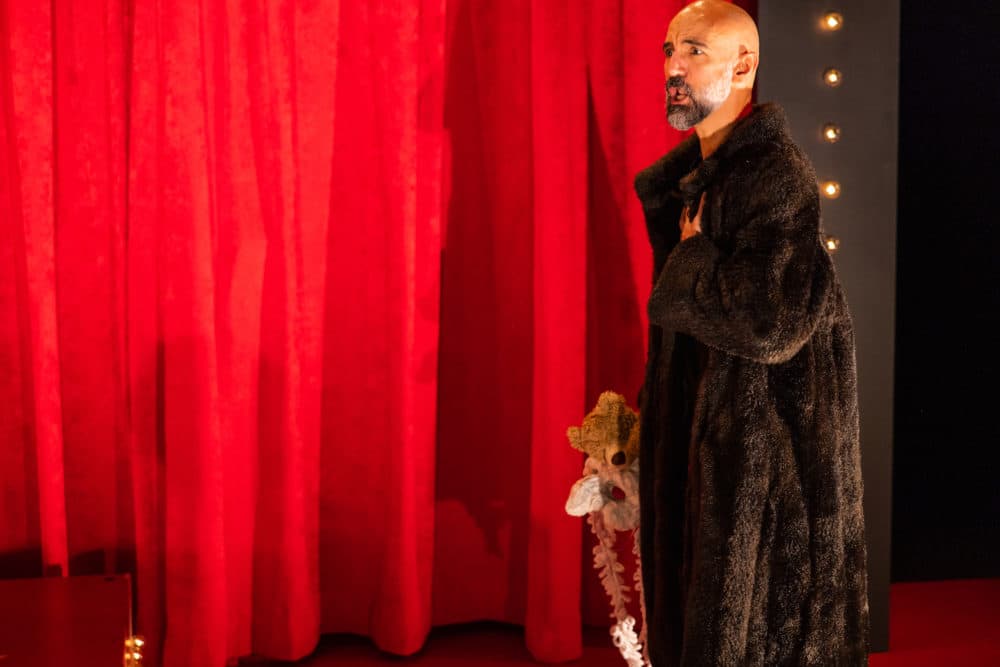
"The Merchant of Venice" runs through Oct. 17 at the Boston Center for the Arts’ Plaza Theatre.
